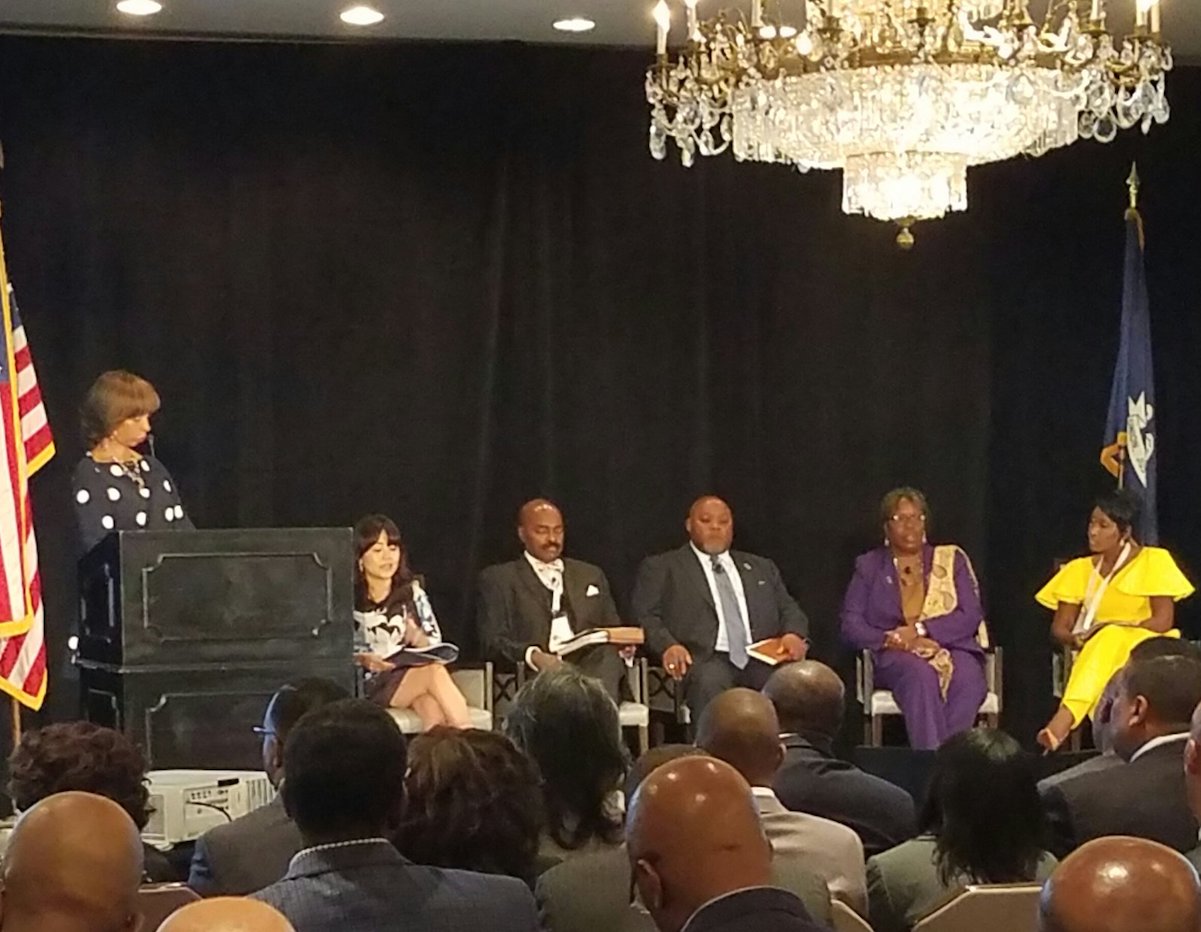
African American State Legislators Cite Disproportionate Sentencing
The National Black Caucus of State Legislators (NBCSL) has passed its first-ever resolution supporting repeal of the death penalty in the United States. The historic vote took place during the NBCSL 40th Annual Legislative Conference in New Orleans, LA. It is an escalation of the organization’s previous call for a moratorium in 2002.
“As a Nebraska state senator, I proudly voted to strike the death penalty from our state statutes in 2015. I was just as proud to sponsor the recent NBCSL resolution that calls for an end to the death penalty across the country,” said Nebraska State Senator Tanya Cook. “This sentence is not a deterrent to violent crime. Period. That fact has been scientifically-demonstrated over and over again in this country and around the globe.”
Legislators reviewed the evidence of race being a factor in use of the death penalty, including:
- African Americans represent only 13.3 percent of the U.S. population but 34.6 percent of those executed since 1976
- White victims account for half of all homicide cases but account for 80 percent of cases subject to the death penalty
- Black jurors are three times more likely to be struck from a jury on a death penalty case with a black defendant
NBCSL’s position joins similar recent statements from the National Hispanic Caucus of State Legislators and the Movement for Black Lives.
“Leaders in the fight for racial justice see the death penalty as a microcosm of a much larger system of injustice,” said Lex Steppling, national organizer for Equal Justice USA. “Everything that’s wrong with the justice system is present in the death penalty, and ending it would be an important step toward dismantling the broken parts of our justice system.”
The National Black Caucus of State Legislators (NBCSL) is composed of nearly 700 Black state legislators across 46 states, the District of Columbia, and the U.S. Virgin Islands. Its primary mission is to develop, conduct and promote educational, research and training programs designed to enhance the effectiveness of its members, as they consider legislation and issues of public policy which impact, either directly or indirectly upon “the general welfare” of African American constituents within their respective jurisdictions.
Photo credit: @NBCSLNews



